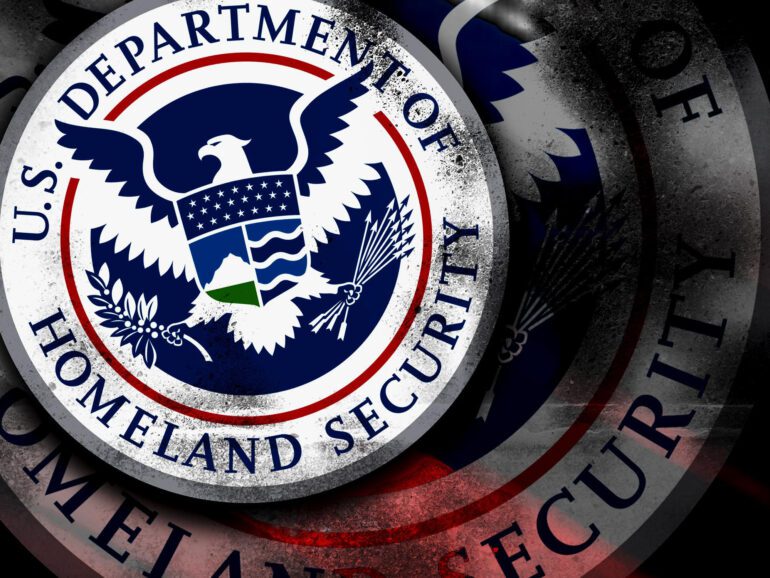TL;DR:
- DHS introduces pioneering policies for AI acquisition and facial recognition.
- Eric Hysen was appointed as the first Chief AI Officer (CAIO) to oversee responsible AI adoption.
- Policies aim to ensure transparency, civil rights, and privacy in AI usage.
- The Artificial Intelligence Task Force (AITF) played a key role in policy development.
- DHS highlights the current and potential uses of AI in areas like security and law enforcement.
- Eric Hysen pledges to maintain public trust and legal compliance in AI integration.
- Civil rights groups express skepticism about AI use, especially in relation to immigrant communities.
Main AI News:
In a momentous stride towards technological advancement and responsible governance, the Department of Homeland Security (DHS) has unveiled a set of pioneering policies governing the acquisition and deployment of artificial intelligence (AI). Simultaneously, the department has appointed Eric Hysen as its inaugural Chief AI Officer (CAIO), who will play a pivotal role in ensuring the responsible integration of AI across DHS operations.
The visionary directives, announced by DHS Secretary Alejandro Mayorkas, embody the department’s commitment to harnessing AI’s potential effectively and ethically. These directives come at a crucial juncture when the rapid evolution of AI necessitates a framework that is both transparent and respectful of privacy, civil rights, and civil liberties.
Developed by the DHS’s Artificial Intelligence Task Force (AITF), established in April 2023, the policies set forth essential guidelines for the judicious utilization of AI and machine learning. Additionally, they establish stringent protocols for the deployment of facial recognition applications, addressing concerns raised in a recent report by the Government Accountability Office.
DHS’s utilization of AI has already proven invaluable in several critical areas, from combatting illicit fentanyl trafficking and enhancing supply chain security to countering child sexual exploitation and safeguarding vital infrastructure. The new policies underscore DHS’s commitment to the responsible implementation of AI, emphasizing comprehensive testing and oversight for facial recognition and face capture technologies.
Eric Hysen, the newly appointed Chief AI Officer, expressed his dedication to promoting innovation and safety within DHS’s AI initiatives. Hysen emphasized the importance of ensuring that the department’s AI applications remain free from discrimination and fully compliant with the law, underpinning the imperative of maintaining public trust.
This pivotal development comes amidst heightened scrutiny of DHS’s approach to facial recognition technology, particularly its association with Clearview AI, a tech company embroiled in controversy. Civil rights organizations have expressed concerns about potential surveillance and the impact on immigrant communities.
Conclusion:
The Department of Homeland Security’s introduction of comprehensive AI policies and the appointment of Eric Hysen as CAIO signify a significant commitment to responsible AI adoption. This move not only addresses the need for transparency and civil rights but also reflects a growing emphasis on AI’s role in security and law enforcement. However, skepticism from civil rights groups underscores the importance of stringent oversight and adherence to ethical standards as AI continues to shape the market for security and surveillance technologies.

